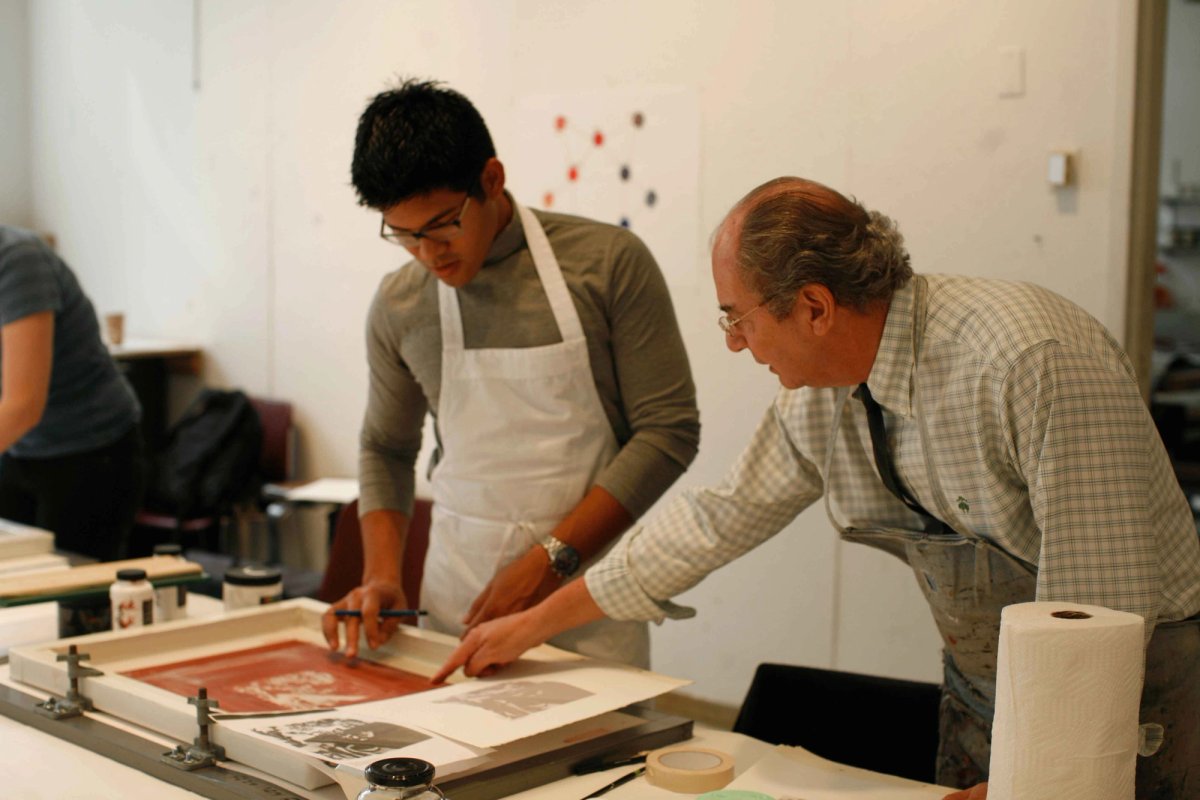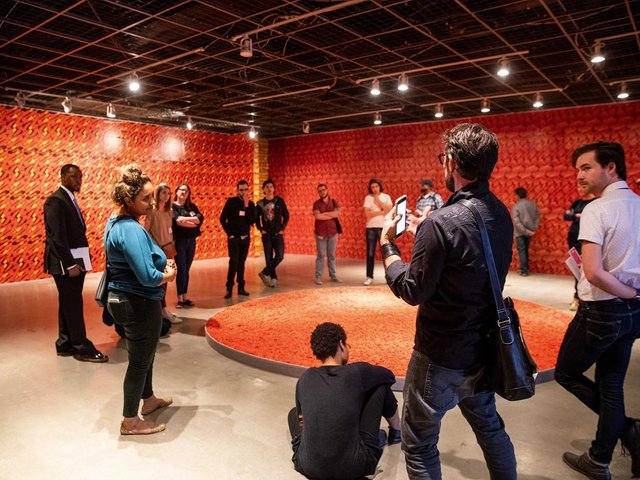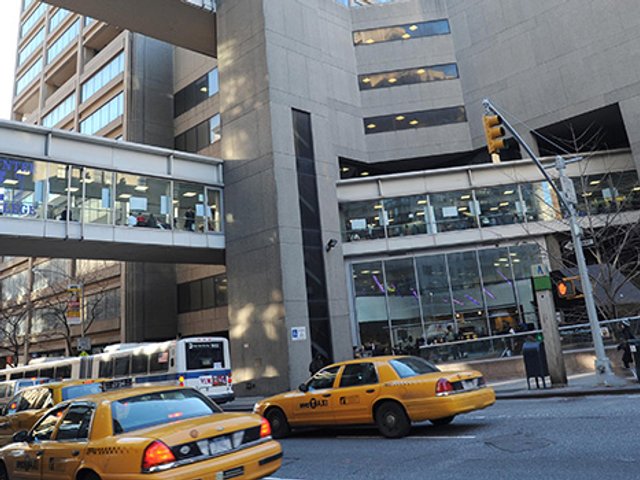As the City University of New York (CUNY) and State University of New York (SUNY) systems brace for expected Covid-19-related budget reductions, at least one school in the network is considering making early cuts. A petition signed by over 500 faculty, staff, alumni and students of Hunter College’s department of art and art history reveals that 30 of the department’s college assistants might not have their contracts renewed this year. “These are valued and essential members of our department, many of whom have worked at CUNY for years, and almost all of whom rely on their positions for healthcare for themselves and their families,” the letter says. “We refuse to abandon our College Assistants. We refuse to abandon our essential workers during a pandemic. We refuse to let our staff and their families fear the loss of their livelihoods and health insurance.”
The petition calls on Governor Cuomo, the CUNY board of trustees and its chairman, as well as CUNY Chancellor Félix Matos Rodríguez to “immediately guarantee the reappointment of all department of Art and Art History College Assistants”, for a full year and at their regular hours. The college aids are the employees who maintain and run the department’s facilities, equipment, and supplies, and they are often in charge of overseeing the use of studio tools and spaces as well as training students. The petition says that, “without the College Assistants, safe day-to-day operation will be impossible”. Signatories include the heads of the art and art history programmes, such as Nari Ward, who leads the school's sculpture programme, and Joachim Pissaro, the Bershad Professor of Art History and director of the Hunter College Art Galleries.
“The Hunter MFA Program in Studio Art is one of the largest graduate programmes in the country with an average yearly enrollment of 125 students,” says Carrie Moyer, an associate professor at the university and the MFA director. “Yet we operate with a staff of only one full-time employee and seven who are part-time. These eight people oversee facilities, labs and technical shops, all necessary for our students to make their work.” With staffing levels already at such bare bones, the programme stands “to be completely hobbled by any and all cuts,” Moyer adds, which would “jeopardise the most important mission of the MFA programme—the education of young artists.”
Peter Hoffmeister, an alumni of Hunter’s MFA programme who now runs the university’s sculpture facilities, says that the college assistants are given one-year contracts, with benefits, and are paid through a budget marked for “temporary services”. “But we are not temporary employees. We are permanent employees with little job security who can be discarded when convenient,” he says. “I maintain equipment including electric kilns, a laser cutter, and a 3D printer, and train students on their safe operation. I also help the students solve sculptural problems that arise as they create new work.”
“Most of us are also Hunter alumni, and returned because we love the community that Hunter offers,” Hoffmeister says. “The lack of concern by CUNY administration regarding our livelihoods shows how little they understand our continued devotion to Hunter, because it is certainly not being reciprocated.” Hoffmeister adds that he and his colleagues depend on these positions for their healthcare, so not being reappointed also means being stripped of a much needed benefit in the middle of a global pandemic.
Ariel Zakarison, a college assistant who also serves as facilities manager, says that many assistants in Hunter’s art department take on responsibilities that would be held by full time staff at other institutions. “We manage shops, maintain and purchase equipment, ensure the safety of students, make purchasing and budget decisions, and manage employees,” she says. “We are essential to the functioning of the department but are not compensated in a way that is commensurate with our job descriptions. CUNY already gets a tremendous bargain by cutting corners via staffing the department this way.”
Paul Krause, who has overseen Hunter’s ceramics facilities for 16 years, says that for the first half of his time at the school his pay was slightly above minimum wage at $7.15 an hour, and that since then it has increased by the same rates applied to rent stabilised housing, or around 1.5% this year. “I supplement my income with other part time jobs, which afford me the cost of living in New York,” Krause says. “I stuck with Hunter for the insurance and studio access, but most of all, for the community of students and coworkers. The prospect of not having our contracts renewed, after so many years of dedicated effort, is nonsensical and disappointing.”
Requests for comment made to the chancellor’s office and university administration were not answered at the time this story was posted.
The media artist Elizabeth Tannie Lewin, who received her MFA from Hunter in 2016 and is now a college assistant managing the art department floor, adds that while other academic departments have transitioned to online learning with relative ease, those “that rely on in-practice, hands-on-instruction—the cornerstone of any successful Arts Department—have been stymied”, she says. “CUNY has chosen to view CAs as an extension of the shops, studios, labs, and classrooms they oversee," and since those are currently closed, it is assumed the College Assistants are not working. “But equipment and technology needs routine servicing, updating, and cleaning. They cannot be abandoned for months at a time with the expectation that they’ll operate the same when we return,” Lewin says. “Covid-19 policies and plans will need to be adopted, enacted, and enforced, and students deserve to re-enter a space that has not fallen into neglect while the city has been on PAUSE.”
It remains unclear whether or not the CUNY and SUNY school systems will resume in-person classes in the fall. “We are actively working to reopen the MFA studios over the summer so students can resume their work, whether or not class is held in person,” Moyer says. “The upper administration has been completely opaque whether school will be held remotely, even though the beginning of the fall semester is only two months away.”




